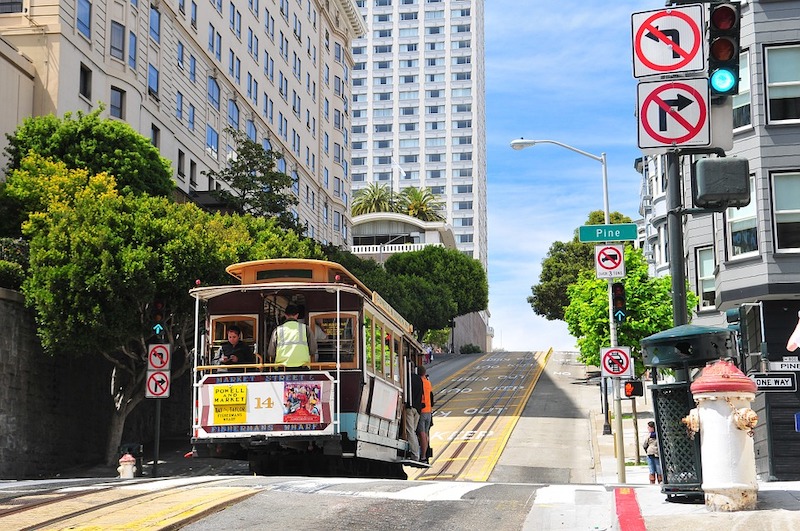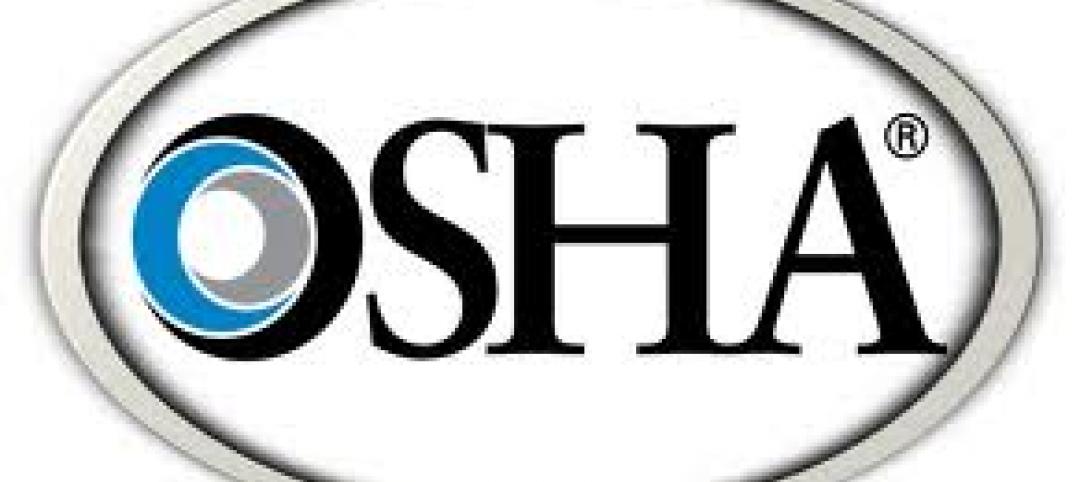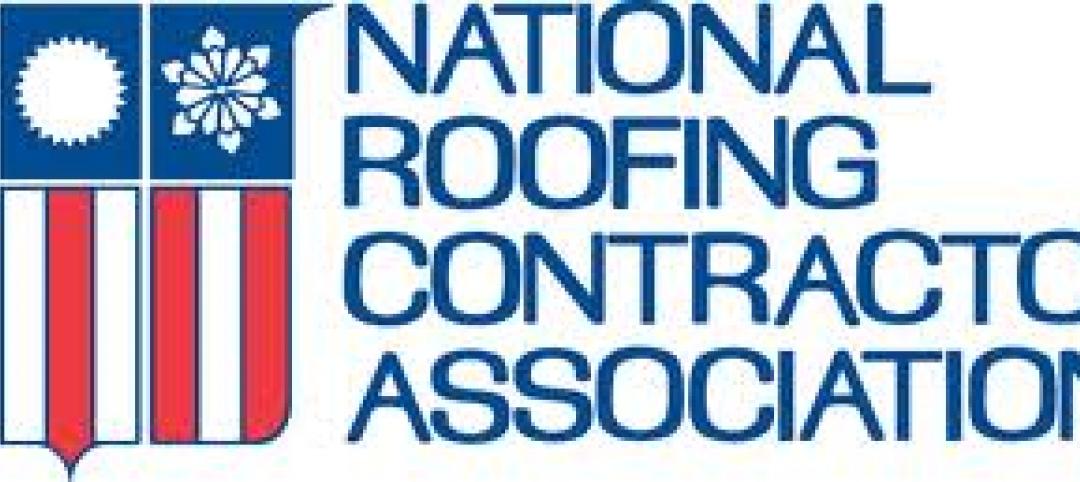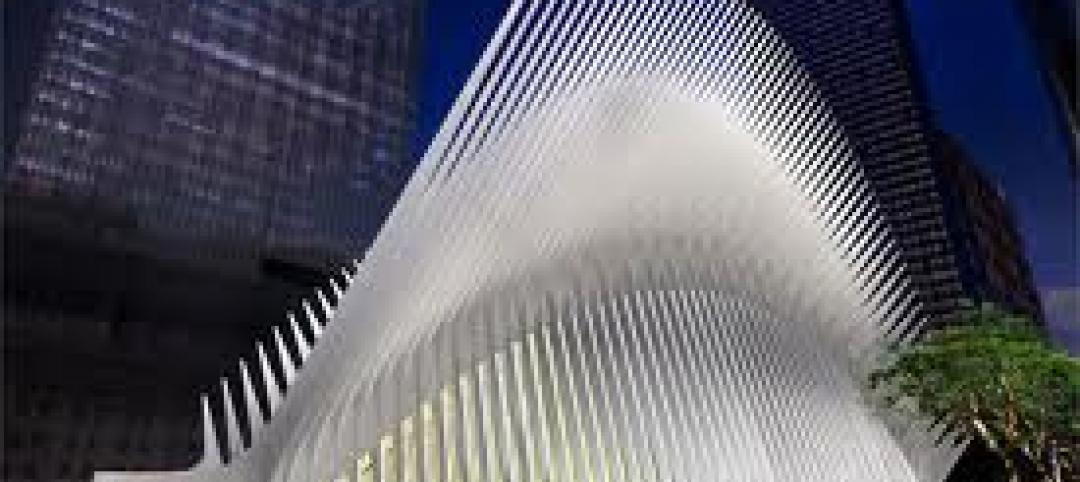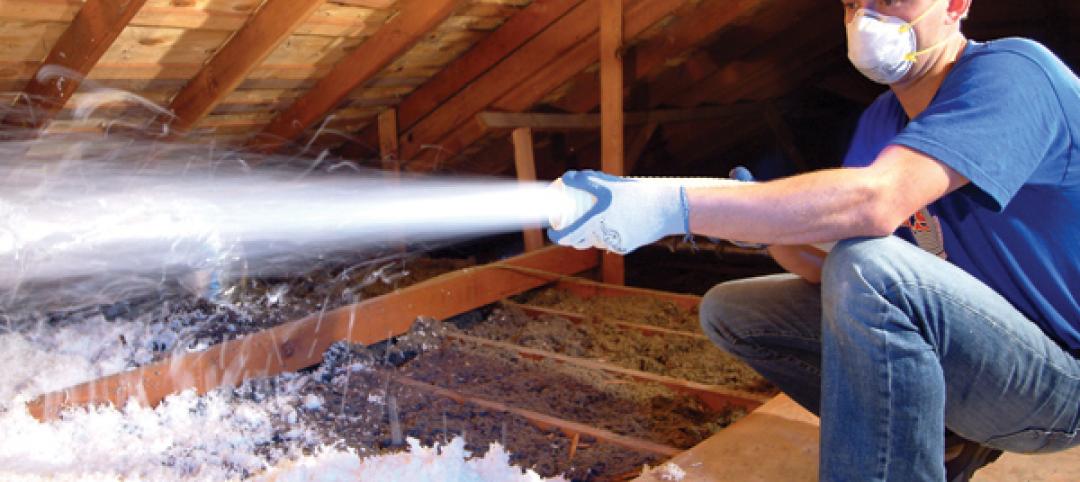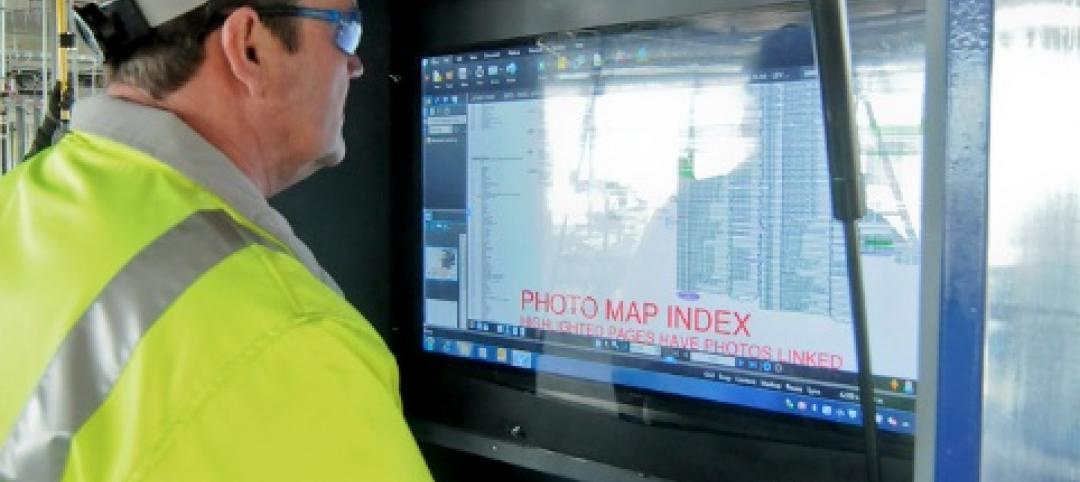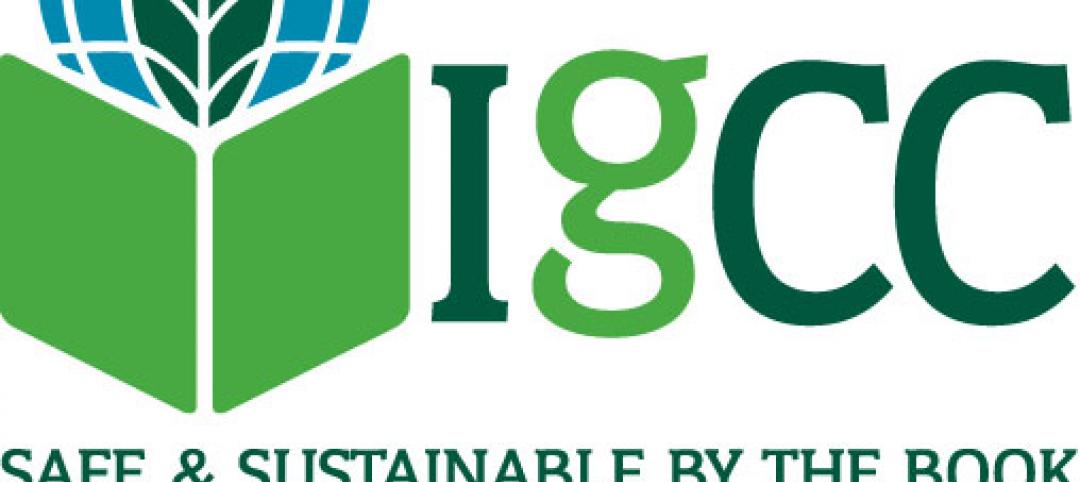A 1.5% payroll tax break for companies moving to San Francisco’s Mid-Market neighborhood is getting mixed reviews.
What became known as the Twitter tax break has boosted business activity in the area, but may have also accelerated the area’s problems, according to a report by the San Francisco Chronicle.
The city’s chief economist says that between 2010 and 2017, Mid-Market produced $6 million more in payroll and gross receipts taxes and added $750,000 in sales taxes to the city’s general fund than it would have if it grew at the same rate as the rest of the city.
In that period, 59 new companies large enough to have to report their payrolls to the city either moved to, or were created in, Mid-Market. The number of retailers grew by 3% in the neighborhood while declining by 1% citywide. The cost to the city was $70 million in lost tax revenue.
The negatives:
— Gentrification has led to higher housing costs and the growth of the district’s homeless population by 1,600 people between 2011 and 2017
— Drug dealing has increased in the neighborhood
— Some companies have failed to follow through on promises they made to aid non-profit organizations in the neighborhood
— Retail vacancies continue to plague the district’s main street
The tax break faces a May 20 expiration, and the consensus is that the city no longer needs to give major tech companies targeted tax breaks, the Chronicle reports.
Related Stories
| Dec 29, 2011
OSHA enforcing new fall hazard standards
OSHA is enforcing its new fall protection standards, as evidenced by a recent crackdown in New York.
| Dec 29, 2011
NRCA offers program on new fall-protection requirements
The National Roofing Contractors Association's (NRCA's) program "Roofing Industry Fall Protection from A to Z" will be held Feb. 21 during the organization's 125th Annual Convention.
| Dec 29, 2011
Decision not to fireproof the new World Trade Center Transportation Hub criticized
Some criticized the decision, reasoning that the structure could be a terrorist target.
| Dec 29, 2011
Seismic safety in question at thousands of California public schools
California regulators responsible for enforcing earthquake safety laws have failed to certify more than 16,000 construction projects in California public schools, increasing the risk that some projects may be unsafe, according to a state audit report.
| Dec 29, 2011
GreenWizard offers cloud-based LEED credit management, assessment
The company recently began offering companies the ability to run assessments for design credits, in addition to traditional product-specific LEED credits.
| Dec 22, 2011
Federal home weatherization program has impacted 6.8 million homes
More than 6.8 million homes have been weatherized using federal, state, utility, and other funds under the American Recovery and Reinvestment Act.
| Dec 22, 2011
Group developing BIM data standards
A collaboration among Georgia Tech’s Digital Building Lab, the Precast Concrete Institute, the American Concrete Institute, and the American Institute of Steel Construction aims to develop global standards for transportation of three-dimensional digital models among fabricator, architecture, engineering, and construction groups.
| Dec 22, 2011
New green code spells out thermal requirement for roof retrofits
The 2012 International Green Construction Code (IgCC) includes a straightforward approach to minimum thermal requirements for roof and wall systems.
| Dec 22, 2011
AGC’s safety conference Jan. 11-13 in San Antonio
The Associated General Contractors of America’s national meeting for safety and health professionals will take place Jan. 11-13, 2012 in San Antonio, TX.
| Dec 22, 2011
Proposed New York City zoning revamp encourages rooftop solar and wind energy
New zoning regulation proposals to make it easier for building owners in New York City to make their structures more sustainable have entered the public approval process.


